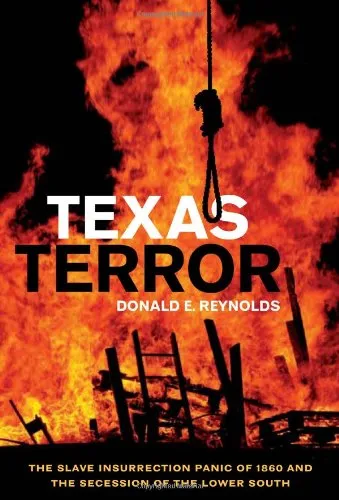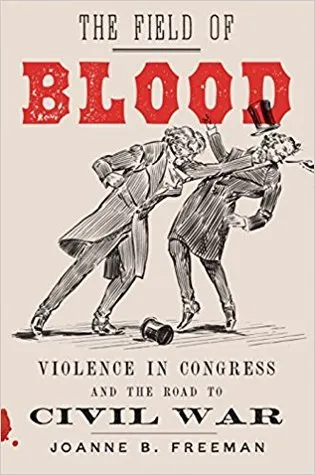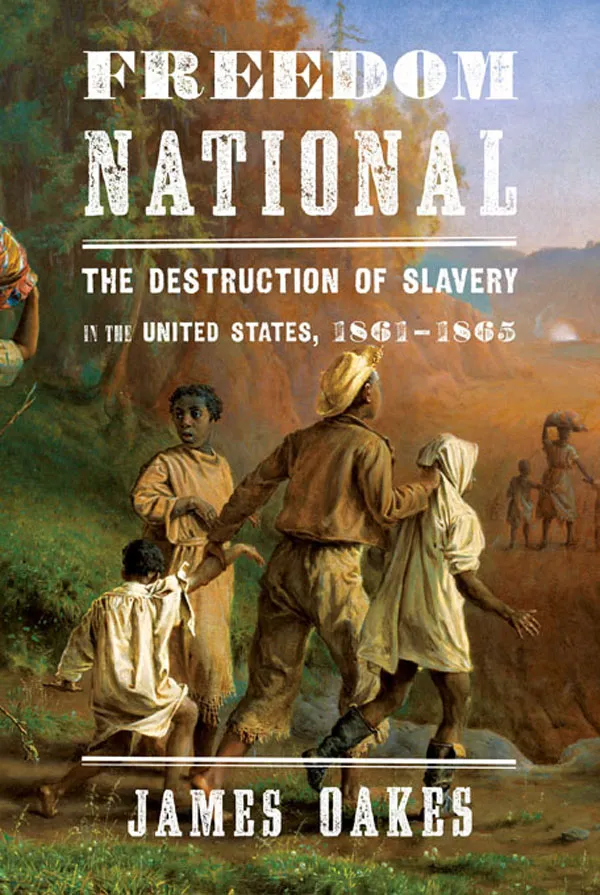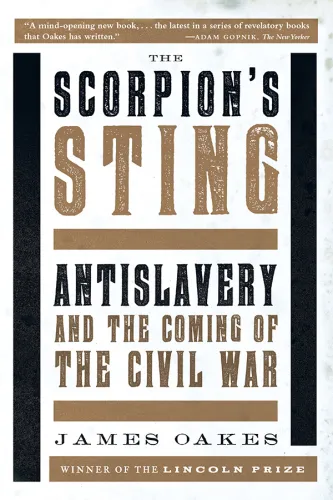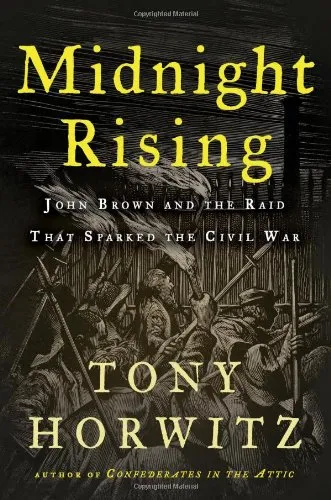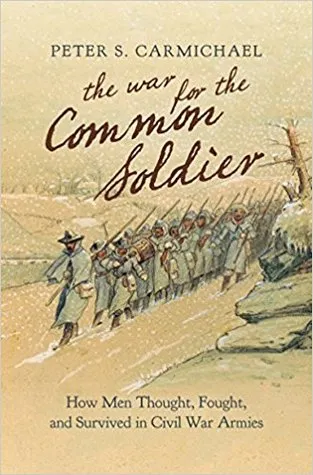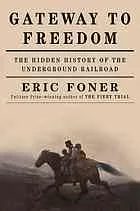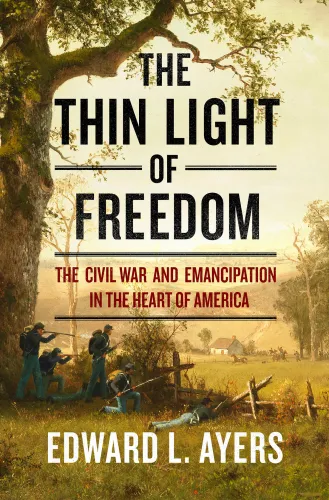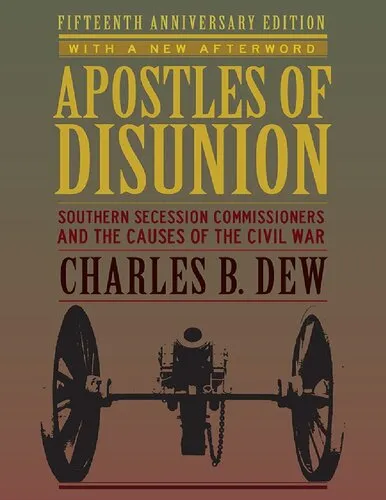Texas Terror: The Slave Insurrection Panic of 1860 and the Secession of the Lower South (Conflicting Worlds: New Dimensions of the American Civil War)
4.6
Reviews from our users

You Can Ask your questions from this book's AI after Login
Each download or ask from book AI costs 2 points. To earn more free points, please visit the Points Guide Page and complete some valuable actions.Related Refrences:
Introduction to "Texas Terror: The Slave Insurrection Panic of 1860 and the Secession of the Lower South"
"Texas Terror: The Slave Insurrection Panic of 1860 and the Secession of the Lower South," authored by Donald E. Reynolds, provides a meticulous narrative of an often-overlooked precursor to the American Civil War. Set within the fraught political and social landscape of the antebellum South, the book delves into the gripping and tumultuous events of 1860, a year marked by heightened fear of slave rebellions. Utilizing robust historical analysis, Reynolds dissects how these fears catalyzed the secessionist movement, setting the stage for the Civil War. As part of the "Conflicting Worlds: New Dimensions of the American Civil War" series, this work offers fresh insights into the socio-political dynamics of Texas and the broader lower South during a pivotal era. It is a vital contribution to Civil War scholarship, addressing the intersections of race, power, and paranoia that precipitated one of America's most defining conflicts. Through its pages, the book illuminates the complexities of Southern society's response to perceived threats, highlighting the pivotal roles played by misinformation, hysteria, and racial tensions.
Detailed Summary of the Book
The book chronicles the widespread panic that swept across Texas in 1860, fueled by rumors of an impending slave insurrection allegedly incited by Northern abolitionists. Reynolds meticulously examines how this panic spread throughout the Southern states, exacerbating fears of a coordinated slave uprising across the region. The book is divided into several key sections, each offering a nuanced exploration of how the insurrection panic unfolded, the key players involved, and the consequences that followed. By using a variety of primary sources including newspapers, personal letters, and state records, Reynolds reconstructs the atmosphere of suspicion and terror. He shows how this environment influenced public opinion, leading to the execution of suspected conspirators and the tightening of slave laws. Ultimately, the narrative reveals how this rampant fear contributed significantly to the decision of Texas and other Southern states to secede from the Union. The author argues that the panic not only exposed the South’s vulnerability but also intensified the region's insecurities, forging a path to war.
Key Takeaways
- The role of fear and paranoia in shaping political decisions is a central theme of the book.
- Reynolds highlights the significant impact of rumors and misinformation on societal stability and cohesion.
- The book provides a closer look at how Texas, as a border state, exemplified the volatility of slaveholding societies.
- Reynolds unveils the complexity of Southern secession beyond economic and political disagreements, stressing the influence of social fears.
Famous Quotes from the Book
"The insurrection panic of 1860 served as both a reflection of the South's deepest anxieties and a catalyst for its most consequential decision—secession."
"In the cauldron of hysteria that enveloped Texas, the imagined revolt of the enslaved became a perceived reality, reshaping the political landscape irrevocably."
Why This Book Matters
"Texas Terror" stands out as a significant academic work that sheds light on the psychological and social underpinnings that led to the American Civil War. By focusing on the specific instance of Texas and the lower South's reaction to insurrection rumors, Reynolds presents a compelling case of how fear can be a driving force in historical events. The book’s meticulous research and detailed narrative challenge readers to reevaluate the motivations for Southern secession, going beyond traditional economic or ideological explanations. Furthermore, the book's insights into the destructive power of false information are particularly relevant today, in an age where misinformation can spread rapidly and influence public opinion on a broad scale. By understanding the past, "Texas Terror" provides a cautionary tale of how fear and misinformation can unsettle societies and precipitate conflict. For historians, students, and anyone interested in the complexities of American history, Donald E. Reynolds’ work remains an indispensable resource.
Free Direct Download
You Can Download this book after Login
Accessing books through legal platforms and public libraries not only supports the rights of authors and publishers but also contributes to the sustainability of reading culture. Before downloading, please take a moment to consider these options.
Find this book on other platforms:
WorldCat helps you find books in libraries worldwide.
See ratings, reviews, and discussions on Goodreads.
Find and buy rare or used books on AbeBooks.
1577
بازدید4.6
امتیاز0
نظر98%
رضایتReviews:
4.6
Based on 0 users review
Questions & Answers
Ask questions about this book or help others by answering
No questions yet. Be the first to ask!
